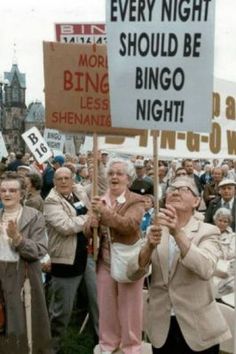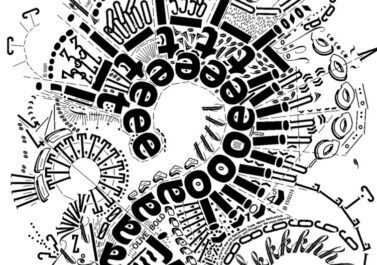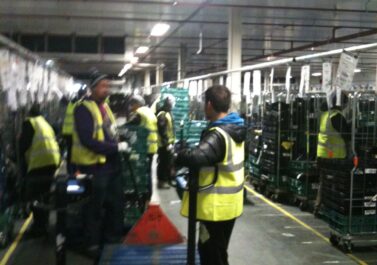The state relies more and more on the low paid or volunteer work of charities in order to organise care work. This tendency tends to aggravate in times of crisis and emergencies. In this process there are two tendencies: a) the state manages to ‘make us pay for the crisis’ by working harder and for less or even no pay and b) by helping and caring for each other we develop new relationships of solidarity independently from the state which can help us in future struggles. These tendencies are never neatly separated. We spoke to a friend about her experiences working in volunteer care. Thoughts on the wider background of this interview series can be found here: https://letsgetrooted.wordpress.com/2020/07/07/interview-series-workers-power-during-the-lockdown/
“In our charity we organise social meetings, games, health talks, arts and crafts for elderly people in our area, who are mainly from a working class and migrant background. We use public spaces like libraries and community centres to do that – in this regard we depend on the (Labour) council to provide us with these spaces. With the covid lockdown these spaces were closed, only our office space remained open. Many of the elderly people are without family, or their families live further away, so we started phoning them regularly. We started going shopping for them or getting their medication. Their mental health was affected by being isolated. The council had sent most of its workforce to work at home, so there were not many official council workers on the ground. What the council did do was transferring people to us who needed support, as most other local charities, for example mental health charities, were also closed. So we dealt with an extra 30 people who needed help. We also cared for five, six elderly people in residential care who had been more or less left alone in the care home. During that time the private online shopping deliveries of companies like Tesco or Ocado were overwhelmed and people couldn’t get any delivery slots for one, two weeks.
The relationship with the council was pretty much a one way street, as they would ask us to take over cases, but when we asked for PPE they never responded. It’s hard to get any material support from them. They did set up a website where people could volunteer work or donations. I personally worked longer hours at the charity during lockdown, from 11am to 4pm from Monday to Friday, as a volunteer. It was good to see that people really appreciated our work and that the relationships between staff and volunteers of the organisation grew closer during the crisis. We had to figure most of the things out ourselves, as there was no official protocol. This is not surprising, as the government itself didn’t really know what it was doing. In the meantime things are getting harder at home, too, as one of my sons got first furloughed from his food service job and then made redundant with half of his work-mates.”



